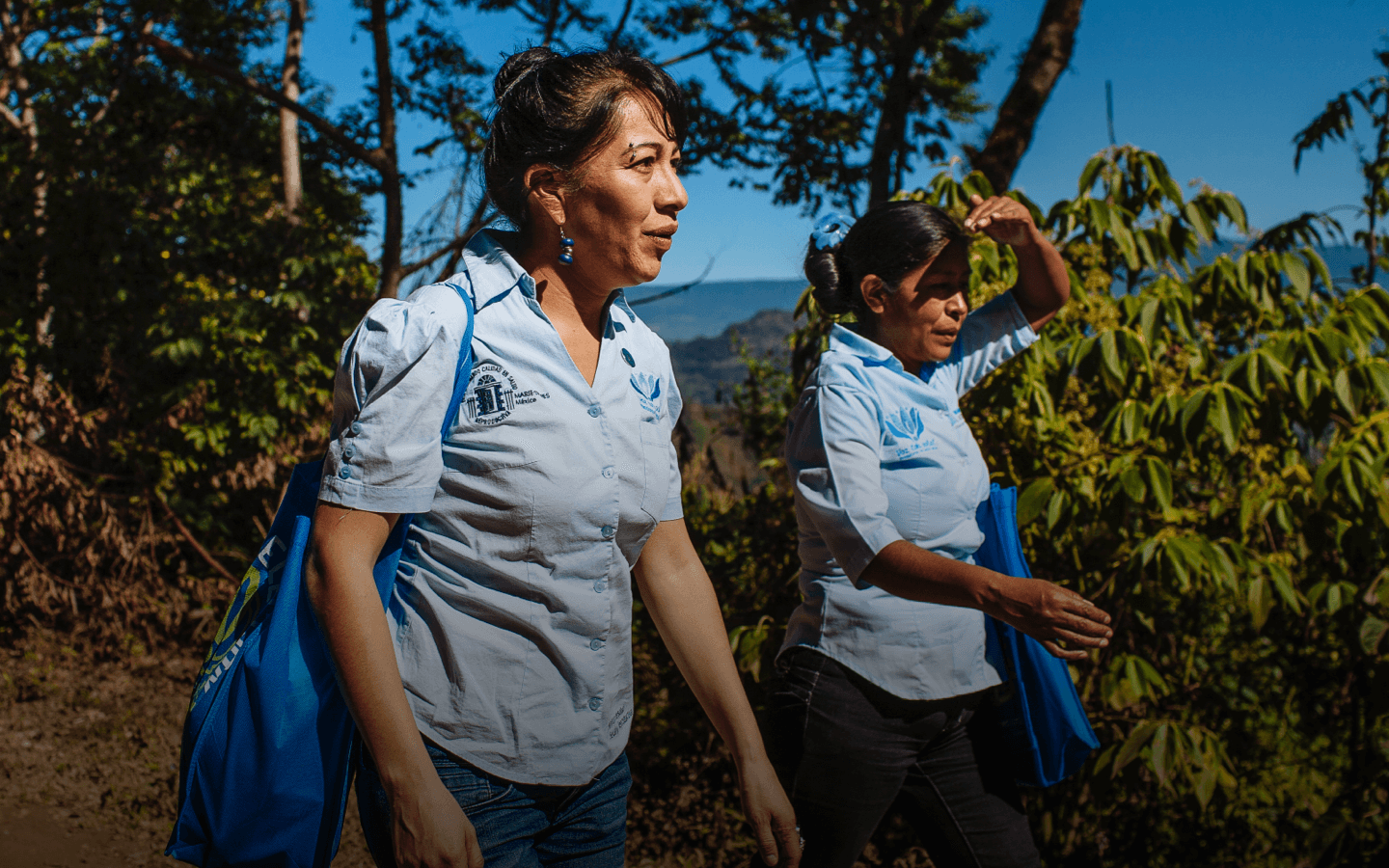MSI Opinion in Devex: 3 things we learned from piloting a new health outreach model
MSI’s innovative split-teams outreach model was featured in international development news site Devex.
Inonge Chinyama, MSI Zambia Operations Director, was featured in Devex writing about MSI’s split-teams model that led to a 420% growth in impact, and empowers public sector providers. Read the full article below, see it on Devex here, and share with your networks!
A few years ago, we considered the global health sector’s million-dollar question: How can we reach more people, in the places where health care is needed most, with no extra budget?
Outreach — where teams travel into rural communities to deliver healthcare — is still unparalleled for this. When I travel with an outreach team and arrive at a community site, it’s not uncommon to find 100 women lining up. Some tell me they walked tens of kilometres to get there; some pass through game parks, risking their lives against lions — literally. In these moments, this is no longer just a job or ‘an accelerated service delivery model.’ Without us, I believe these women wouldn’t have a choice, wouldn’t have a chance.
About 257 million women around the world still don’t have access to safe contraception, which is inexcusable when it’s so cheap and life-changing. The organisation I work for, MSI Reproductive Choices Zambia’s previous approach simply couldn’t go far enough to reach everybody. As of 2018, a single outreach team was serving around 900 clients each month but we all wanted to reach more. With limited resources, we knew we had to reassess and innovate.
Our new model in Zambia, and now rolled out across eight MSI countries, splits our outreach teams in half and brings public sector providers on board to cover more ground. In my 12 years in the sector, I haven’t seen a better or more cost-effective way to reach rural communities with reproductive healthcare.
Here are three things I learned along the way.
1. Public sector partnerships are an untapped resource for outreach programmes
Partnerships with governments most commonly take the form of healthcare organisations such as MSI Reproductive Choices supporting public sector facilities to deliver better quality care — strengthening the health system. Conversely, outreach programmes tend to be delivered solely by NGOs to fill gaps. We’ve flipped this on its head by integrating public healthcare providers into our outreach teams.
Previously, our outreach team was made up of two MSI healthcare providers. One week they’d travel into extremely rural places, and the next they would serve urban communities. We have now divided teams into two, so they can be in two places at once — but we obviously needed more than one healthcare provider to serve an entire community. To bolster each team, we integrated four healthcare providers from the Zambian Ministry of Health.
While one subteam camps in rural places more than 100 kilometres from basecamp to reach the furthest communities, the other delivers services closer to home. Each week, they swap.
Partnering with the public sector has extended our reach to people with the greatest need — each team now serves around 4,700 people each month. That’s a 420% growth in impact since we used the old model. My advice is to make the most of government partnerships.
2. Empowering healthcare workers is the key to making outreach sustainable
We can and should make outreach programmes more sustainable. By involving public sector professionals, we increase the number of people reached while simultaneously building public provider skills.
Sustainable healthcare is as much about empowering people as improving systems. With our new model, 64 government providers each year are trained in delivering comprehensive, high-quality reproductive healthcare in rolling six-month periods, under the guidance of MSI’s teams. This doesn’t end here. When they return to their public sector facilities, they bring these skills back with them to teach others.
The aim is for public providers to become champions of reproductive healthcare, confident in providing a range of contraception, and eager to cascade their knowledge to colleagues. No matter where they go, people receiving a service from them in the future would thus benefit from their new skills.
In return, these providers bring insights from the public health system and enable us to tap into their community networks. With partnerships like these, the impact we can have on women’s lives is exponentially greater.
3. ‘Reach’ is only part of outreach. Prioritising informed choice is essential
In outreach programmes, reach is in the name but it’s not everything. As healthcare providers trying to complement and strengthen the health system and extend as far as we can to those who need us, we mustn’t lose sight of the individual.
Overhauling programme models allow you to embed your values and commitments more deeply. By putting choices in the hands of those we serve, we respect their autonomy and agency.
For MSI’s outreach teams, that means giving people the choice of short-term, long-term, and permanent contraceptive methods. Contraceptive choice in rural settings is limited — most people have only ever had access to short-term options like condoms.
By working hand in hand with the public sector, we’ve been able to train public sector providers on offering people a full range of contraceptive options, so the client can choose the method that’s right for them. And when we give people this choice, we see a significant rise in people opting for a long-acting or permanent method.
Expanded choice is a significant value-add to the health sector at large. By centring the agency of those we serve in our programme delivery, our impact can transcend the number of people served — in this case, to give a woman the future she chooses and deserves.
The fact remains that outreach is the most effective way of delivering healthcare to people in the most remote parts of the world. With innovative models of working, more funding, and partnerships like these, we can ensure that no one is left behind.






